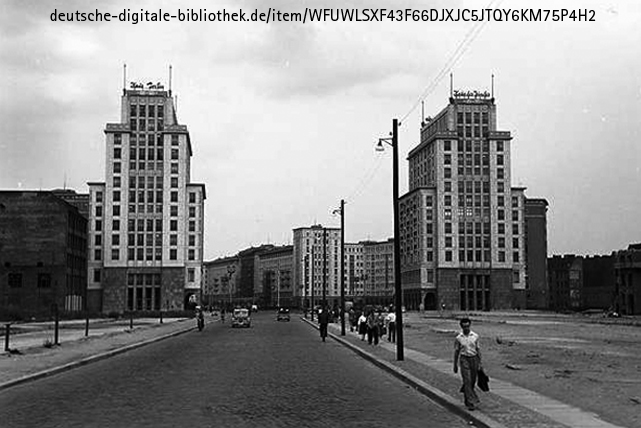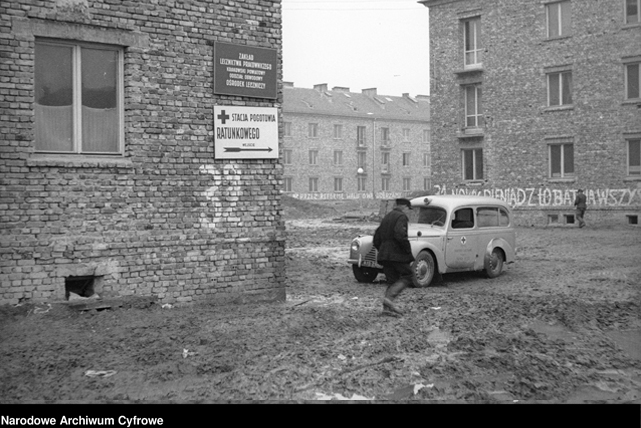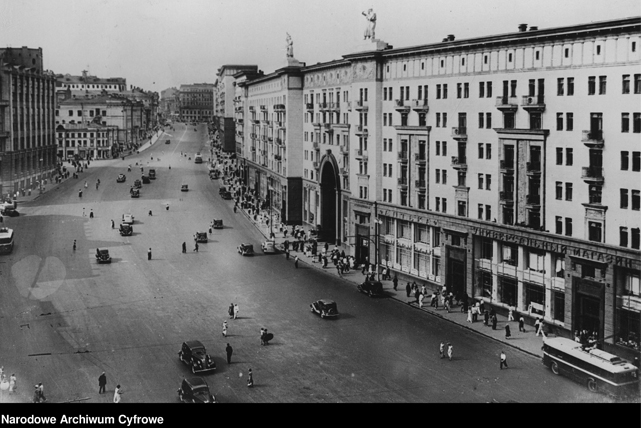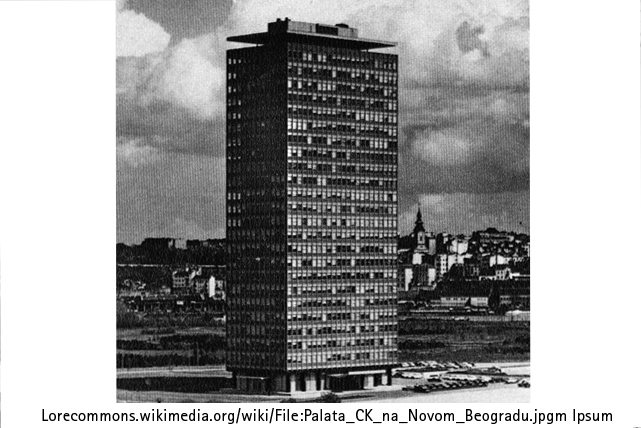Summer School 2022 - "The Socialist City: Planning, Transformation and Aftermath"
Research department: Contemporary History and Archive
Project Team: Dr. Małgorzata Popiołek-Roßkamp Dr. Harald Engler
Funding Organization: Federal Foundation for the Study of the Communist Dictatorship in Eastern Germany
Duration: 01/2022 - 08/2022
The aim of the summer school is to give students a detailed insight into the concept of the "socialist city" from a comparative and transnational perspective. On the one hand, various aspects such as urban planning, architecture, housing and social infrastructure, but also monument preservation and state violence will be contextualized and discussed by the experts. The final part of the summer school will deal with the heritage and memory of socialist cities. On the other hand, the knowledge gained should be deepened through the presentation of students’ own projects as well as thematic excursions.
An important aspect of the summer school is the broader understanding of the socialist city both in the socialist sphere and in the wider European context. The socialist city should not be understood as a static construct; the change from Stalinist urbanism to socialist modernism will be discussed. Case studies from the Soviet Union, GDR, Poland and Yugoslavia show the participants similarities and differences between cities of different forms of state socialism. On the other hand, socialist cities will be compared with Western European cities and contrasted with them. It is important that the participants can recognise the similarities, but also the differences, between the cities on both sides of the “Iron Curtain”.
The Soviet Union was the country where the idea of the socialist city was first discussed and implemented. Poland and East Germany are examples of the Eastern European satellite states that turned to state socialism after the Second World War. Yugoslavia followed a different approach and was a special case in the European context. At the same time, urbanism before 1917 in Russia and large parts of Yugoslavia was different compared to Germany and Poland, which should not be overlooked when examining the socialist city in these countries.
The participants of the summer school will get to know the socialist city not only in theory, but also in urban practice. Every student will be invited to take part in one of the three thematic walks through the former East Berlin, each focusing on different topics: Stalinist urbanism, housing estates, historic preservation.
The interdisciplinary summer school is aimed at 15 students (with bachelor's and master's degrees) from the fields of history, urban research, architecture, political science and other related fields.
Further details and the call for application (CfA) will be published in March.





